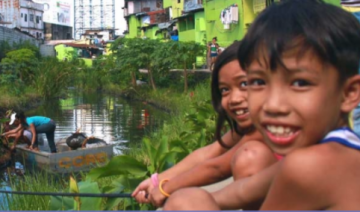
Background
Water is essential for life and for sustainable development, and well-managed water services contribute to poverty reduction, economic growth and environmental sustainability. Increasing human population, the impacts of climate change and unsustainable growth all place pressures on water demand, water quality and water availability.
As the successors to the Millennium Development Goals (MDGs), the Sustainable Development Goals (SDGs) are interwoven and provide targets to be met for different water challenges by 2030. The declared purpose of SDG 6 is to “ensure availability and sustainable management of water and sanitation for all”. SDG 6 builds upon the MDG focus on drinking water and sanitation to include the water cycle as a whole, including management, wastewater and ecosystem resources. Since water is fundamental to sustainable development, SDG 6 has strong linkages with the other SDGs, and meeting SDG 6 will contribute hugely to the entire sustainable development agenda for 2030.
This course is implemented by the University of Strathclyde, Gaia Education and the Social Development Programme of the United Nations Institute for Training and Research, UNITAR.
The content of the modules is based on original materials developed for Hydrogeology and Water Resources Education at the University of Strathclyde and is supported by students who take part in the Vertically Integrated Project (VIP) Water, Sanitation and International Development.
Learning Objectives
By the end of the course, you will be able to:
- Conceptualise Integrated Water Resource Management Challenges;
- Understand the linkage between SDG6 (Water and sanitation) and other SDGs;
- Conceptualise Water treatment technologies within Integrated Water Resource Management Challenges;
- Identify how water treatment plays a role in increased water resilience;
- Differentiate transboundary from national Integrated Water Resource Management Challenges;
- Grasp the importance of the science-policy interface;
- Conceptualise Integrated Water Resource Management Challenges within a Food-Water-Energy Nexus.
Content and Structure
This course is delivered through UNITAR’s e-Learning Platform. It comprises of 4 modules, each consisting of a lesson, a discussion forum and a quiz.
The modules are as follows:
- Module 1 - Global Water Challenges
- Module 2 - Water and Wastewater Treatment Technologies
- Module 3 - Water Governance
- Module 4 - Water Energy Food Nexus
